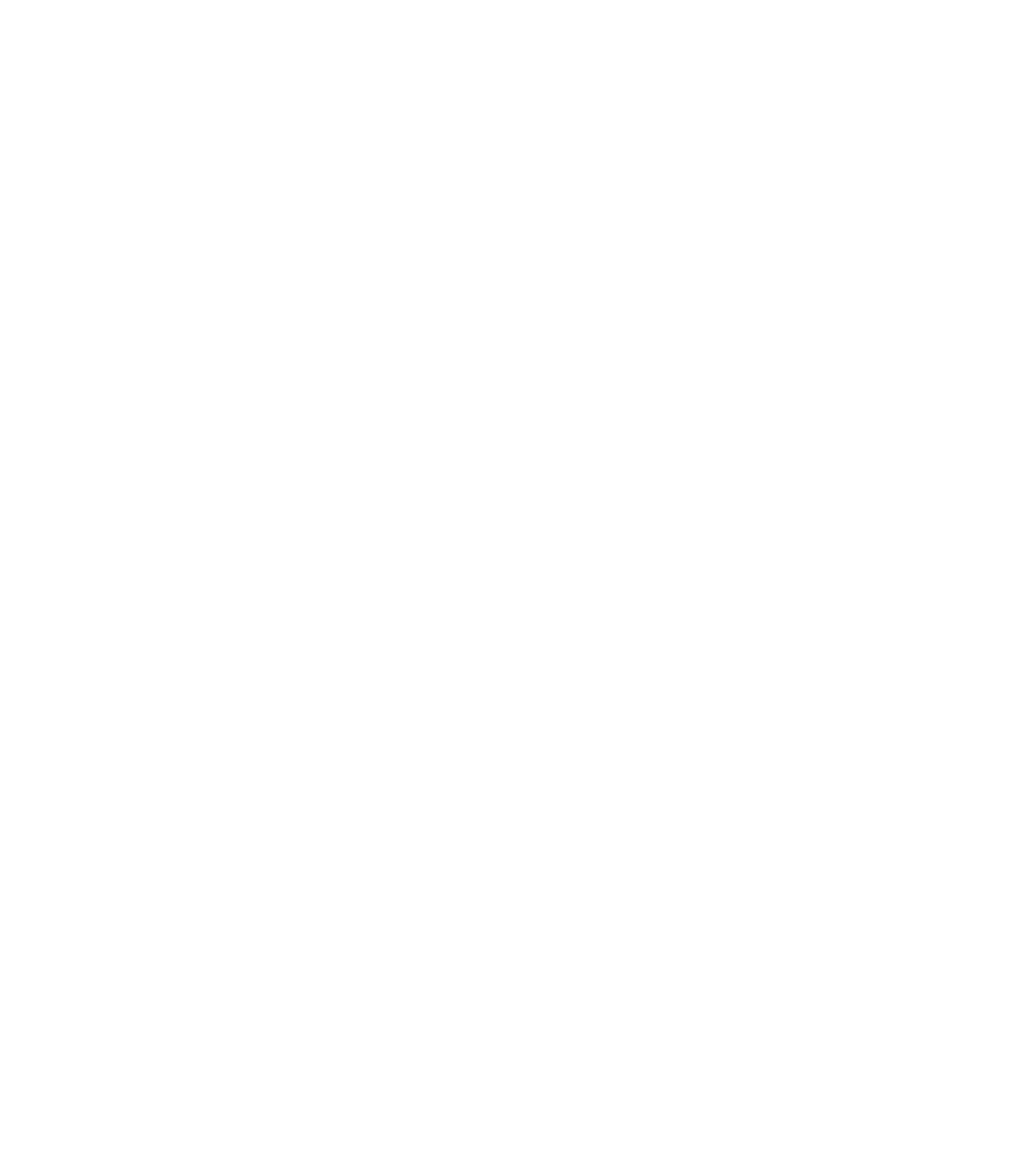Depression is a common mental health issue that affects millions of people worldwide. It is essential to understand the different types of depression, as each has unique symptoms and treatment approaches. One such type is functional depression. This article will focus on answering the question, "what is functional depression?", and explore its symptoms, causes, and potential treatments.
What is Functional Depression?
Functional depression, also known as high-functioning depression or dysthymia, is a form of depression characterized by persistent low mood and a general decrease in overall well-being. Unlike major depression, people with functional depression can maintain daily routines and responsibilities, albeit with significant emotional struggles. Understanding functional depression is crucial because individuals suffering from it may not realize they need help due to their ability to function in daily life.Symptoms That Show What Is Functional Depression
Emotional Symptoms
- Persistent low mood
- Lack of motivation or enthusiasm
- Irritability or increased sensitivity
Cognitive Symptoms
- Difficulty concentrating or making decisions
- Pervasive negative thoughts
- Feelings of hopelessness or worthlessness
Behavioral Symptoms
- Social withdrawal or isolation
- Changes in appetite or sleep patterns
- Reduced performance at work or school
What is Functional Depression: Causes and Risk Factors
Biological Factors
- Genetics: A family history of depression increases the risk of developing the condition.
- Neurotransmitter imbalances: Imbalances in brain chemicals, such as serotonin, dopamine, and norepinephrine, may contribute to depression.
Environmental Factors
- Stressful life events: Traumatic or challenging experiences, such as job loss or relationship problems, can trigger functional depression.
- Chronic health conditions: Long-term physical illnesses may increase the likelihood of developing depression.
Psychological Factors
- Personality traits: People with certain personality traits, such as perfectionism or low self-esteem, may be more susceptible to functional depression.
- Coping mechanisms: Unhealthy coping strategies, like substance abuse or emotional suppression, can contribute to the development of depression.
How Functional Depression Affects Daily Life
- Challenges in personal relationships: People with functional depression may struggle to connect with others, leading to strained relationships.
- Impact on work or school performance: Reduced motivation, concentration, and energy levels can result in a decline in work or academic performance.
- Struggling with self-care: Those with functional depression may neglect their physical and emotional well-being.
Diagnosis and Treatment
Seeking Professional Help
If you or someone you know is experiencing symptoms of functional depression, it is crucial to seek help from a mental health professional. Early intervention can lead to better outcomes and improved quality of life.Diagnostic Criteria
A mental health professional will assess your symptoms, medical history, and overall functioning to determine if you meet the diagnostic criteria for functional depression.Treatment Options
- Psychotherapy: Counseling, such as cognitive-behavioral therapy (CBT) or interpersonal therapy, can help individuals develop healthy coping skills and address negative thought patterns.
- Medication: Antidepressants, such as selective serotonin reuptake inhibitors (SSRIs), may be prescribed to help regulate mood.
- Lifestyle changes: Regular exercise, a balanced diet, and adequate sleep can improve overall mental health and well-being.
Effective Coping Strategies for Functional Depression
- Self-care: Prioritize activities that promote physical and emotional well-being, such as exercise, relaxation techniques, and hobbies.
- Build a support network: Connect with friends, family, or support groups to share your experiences and feelings.
- Stress management: Develop healthy ways to manage stress, such as mindfulness, meditation, or deep breathing exercises.

